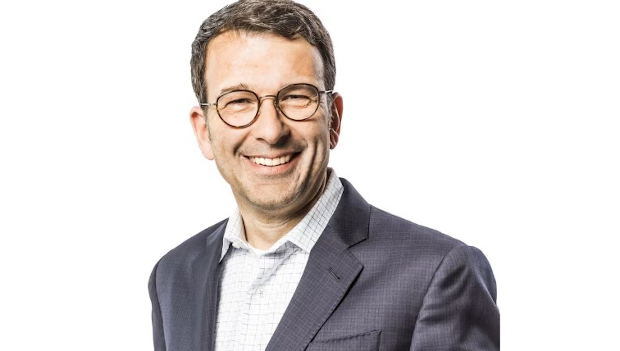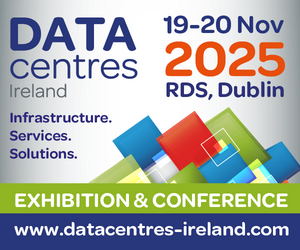
The promotion of Judson Althoff to co-CEO at Microsoft proves how many jobs AI is creating, even as thousands are losing theirs, says Billy MacInnes
Blogs
Judson Althoff, Microsoft
Good news everybody. Despite everything you’ve heard and read, AI is not killing jobs. Honest. Panic over. We can all breathe a deep sigh of relief and get on to worrying about something else, or just be happy that we can score off one of the wide range of things there are to worry about in the world right now.
I understand that some of you might be sceptical but you don’t have to take my word for it. I won’t be offended if you’re looking for something more authoritative on the matter and I’m more than happy to oblige by pointing you in the direction of a report by Yale’s Budget Lab.
In the report, the research group examined how US employment had changed since the release of ChatGPT in November 2022. It studied whether the pace of labour market change in the 33-month period of employment disruption was different from past periods of early technological change. It also looked for evidence of economy-wide employment effects.
The overall finding was that the labour market had “not experienced a discernible disruption since ChatGPT’s release 33 months ago, undercutting fears that AI automation is currently eroding the demand for cognitive labour across the economy”.
The authors of the report acknowledged that while the findings might “contradict the most alarming headlines, it is not surprising given past precedents”, noting that widespread technological disruption in workplaces “tends to occur over decades rather than months or years”.
They added that “while anxiety over the effects of AI on today’s labour market is widespread, our data suggests it remains largely speculative. The picture of AI’s impact on the labour market that emerges from our data is one that largely reflects stability, not major disruption at an economy-wide level”.
Like I said, good news. Although I have to admit that my general sense of wellbeing was punctured a little by the fact this story was placed directly above one headlined ‘Lufthansa to cut 4,000 jobs as airline turns to AI to boost efficiency’ on Slashdot.
The headline linked to a story on CNBC which revealed the airline planned to cut 4,000 primarily administrative roles in Germany “to increase profitability and lean on AI to drive efficiency”.
The CNBC story referred to other instances of companies that had slashed jobs because of AI, such as Klarna which reduced its employee numbers by 40% and Salesforce which axed 4,000 customer support roles.
With all those jobs being culled, where was the evidence of positions being created because of AI? Luckily, I didn’t have to look too far. There, on the same page, I found this story: ‘Nadella appoints new CEO To run Microsoft’s biggest businesses’.
According to The Verge, Microsoft promoted its executive vice president and chief commercial manager, Judson Althoff, to a new role as CEO of its commercial business.
In an internal e-mail to staff, Nadella explained that Althoff’s elevation was connected to “a tectonic AI platform shift” that required Microsoft to “manage and grow our at-scale commercial business today, while building the new frontier and executing flawlessly across both”.
As a result of the changes, Nadella and the company’s engineering leaders would be able to focus on “our highest ambition technical work – across our data centre buildout, systems architecture, AI science, and product innovation – to lead with intensity and pace in this generational platform shift”.
He concluded: “This isn’t just evolution, it’s reinvention, for each of us professionally and for Microsoft.”
Now, some of you might quibble whether one co-CEO position is equal to 10,000 other types of jobs (oh and the 9,000 jobs to be cut at Microsoft that I’d forgotten about) but you have to consider the significance of this move, particularly in light of Microsoft’s announcement in January that it plans to invest about $80 billion in AI this year.
And if you want to talk about AI and innovation, just look at how it has helped Microsoft reinvent itself to become a company with two CEOs!


